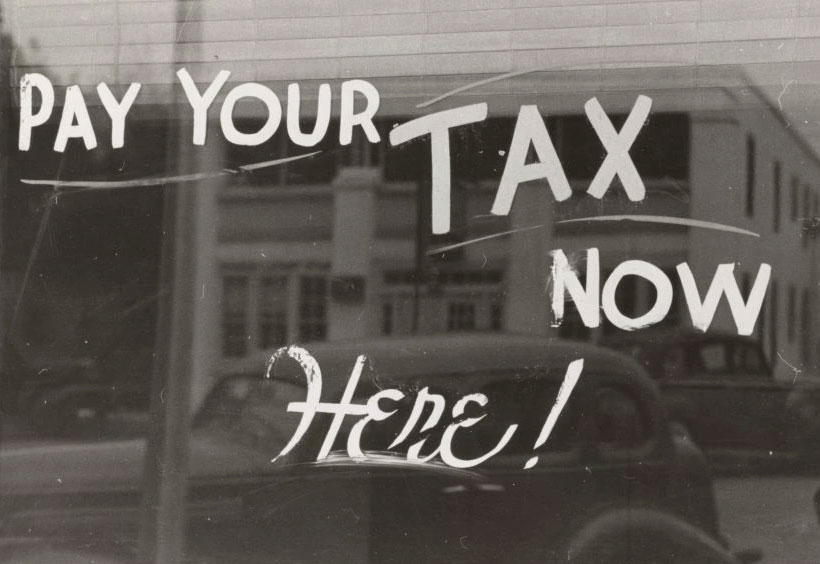Why Are People Quitting Their Jobs

It doesn’t take a rocket scientist to figure out why are people quitting their jobs. Most employees really hustle for their check. But their compensation does not reflect this. During my days running a cleaning service I learned why some quit. And why they stay.
Entrepreneurs must juggle many hats. But if we do not listen to our employees, it will be detrimental.
1. Show me the money
The first reason employees bolt is the simplest. Some companies don’t pay well. Congress and boardrooms argue this all the time. The fight to raise wages is senseless.
Nine-to-fivers in hospitality, restaurants, and other similar fields deserve better. Stand on your feet all day. Do monotonous or demeaning task. You deserve to be paid fairly.
In the early 2000’s I paid new team members of my cleaning company $15 dollars per hour. Today, nearly two decades later, that number still sidesteps some. This number was unheard of then. But I am a supporter of fair wages. I still crush competitors today with better pay for personnel. As a result, our workforce is dependable, positive, and stay on the job.
If your inbox is not flooded with applicants, find out why.
2. No-work life balance
The second reason why men and women leave their positions is no balance. I know someone that regularly received, and was encouraged to respond to, work email long after 5pm. In an emergency, I understand. But there was no such threat. His manager would never shut work off. So, he wouldn’t allow staff to either.
If you have been a manager for 20 years or if you have just become a new entrepreneur, you should know the value of someone’s personal time. It requires a person to be unselfish. Always consider the other person’s point of view.
Sure, assignments need to get done. Projects have deadlines, but if you want to keep good people encourage balance.
“To win in the marketplace you must first win in the workplace.” Doug Conant
3. Never disrespect
Another reason why good individuals quit is lack of respect. One of the best business movies ever is Glengarry Glen Ross. It is a film about a small real estate office and the challenges of selling.
Nothing out of the ordinary here. Every company has got to master the art of selling or they will not be around long. The film highlights the lack of respect of salespeople. And verbal abuse. This approach may have been effective once upon a time, but not today.
But not everyone got the memo. A good friend recently shared some shocking news. The owner of her company consistently shouts profanities to her entire team during conference calls. This is unnecessary, ignorant, and wrong.
Out of all the top reasons why some leave, this is the easiest to understand. Treat your team poorly and they will leave. How can a founder scale their operation without the most valuable asset: a good labor force?
4. Flextime or else!
The gig economy has changed everything. Operate like it’s 1980 and your firm is headed for bankruptcy. Companies like Uber, Airbnb, and Fiverr are called disruptors for a reason.
Folks love the ability to clock in when they desire. To schedule their job around their lives, and not the other way around. Such a small detail with huge impact potential.
But not every venture can survive such accommodations. Point taken. But what can you make better? Are you open to alternate ideas and an adoption of new ways to operate?
5. Recognition
The first time I promoted a member of my cleaning crew to manager, everything clicked. She was recognized, the other staff saw opportunities for themselves, and I turned over many day-to-day tasks. A win-win situation.
The pride beaming across Monica’s face was priceless as I told our team, “Don’t ask me, ask Monica. She’s in charge.” Sure, it was my company and Monica was a hired hand. But I learned the value of recognition.
Already a hardworking and motivated person, Monica took things to another level. Here actions and demeanor with customers told the story. In her mind she was no longer just a custodian. She was now a part of a larger vision in which she saw a future.









